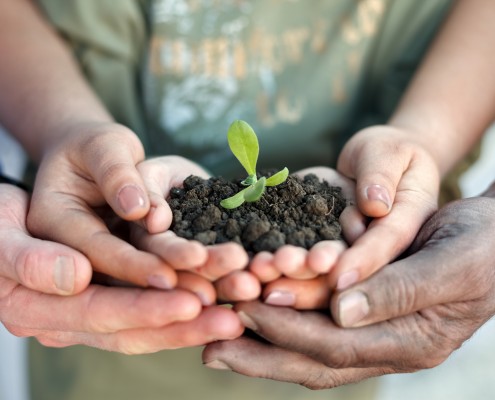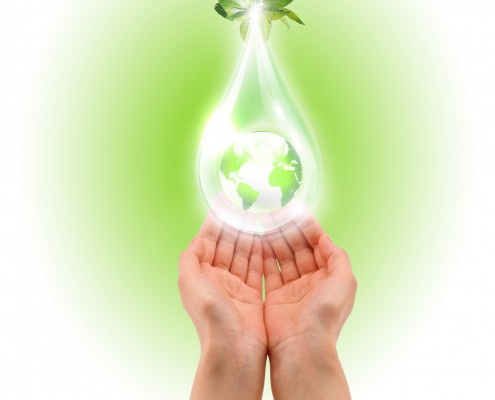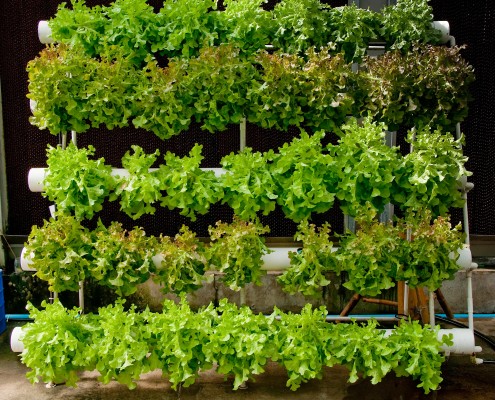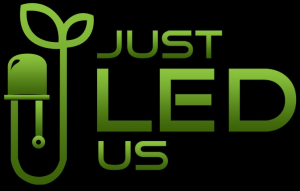
Organic Versus Conventional
0 Comments
/
Organic Gardening
Organic gardening is the growing and cultivating of plants without the use of synthetic or chemical pest control, weeding, or fertilization, as well using organic seeds and/or seedlings.
Conventional Gardening
Conventional gardening uses synthetic fertilizers and pesticides to enhance and control the growing environment as well as using conventional seeds and seedlings that may or may not be genetically modified.

Hope Heals
There is something in gardening associated with providing HOPE for those who feel they may have little else to hope for. This might ultimately be the most beneficial aspect in gardening as a therapy. Encouraging people to participate in activity essentially in the practice of hope may well be highly therapeutic because it focuses on skills and aspirations rather than symptoms and deficits. Throughout this process we shall ‘embrace’ a positive attitude and spirit. As a living being we can surely see the connection between social and personal growth which reflects on the importance of the physical environment and how people approach other living things in connection with themselves.

Are Your Tears Organic?
It has been overlooked that sometimes we authentically feel sad and this is part of the human condition. When there is true underlying suffering, we should look at our diet as it may be the dire cause that affects our day to day lives.
An acidic diet could lead our bodies into physical illness and increase our chance at being depressed and people who eat mainly alkalizing foods such as vegetables, low sugar fruits and oily fish are less likely to get depression by an average of 25%.

Importance of Eating Local and Organic
“There are so many humans on the planet, simply feeding ourselves has led to all kinds of environmental havoc — air and water pollution, loss of soil and reduced biodiversity. It’s time to clean up our act. We can have a huge effect on climate change by simply changing a few of our food habits.
Here’s how: Eat wisely, choose foods that are local, organic and low on the food chain whenever possible. Make the most of seasonal foods.”
Have you ever wondered how many people are involved in the process of getting produce to the grocery store? It's definitely not a "from farm to table" type of deal.

Advantages of Growing Your Own Food
There are advantages of indoor growing with 100% LED (artificial) lighting and as trends are urbanizing in homes with the construction of food gardens, walls, vertical gardens or just about any custom design you can dream of for your indoor gardening needs. For instance by growing your own food with the very efficient and versatile High PAR LED grow lights will cut the costs of your grocery bills and the associated time and efforts to acquire the items such as lettuces and leafy greens.
More importantly they will be available to you in the quantity of which you select based on the size of lights you choose and the type of gardening you do such as working with soil, hydroponics, areoponics, horticulture, farming, greenhouses and home gardening of various sorts such as vertical gardening
